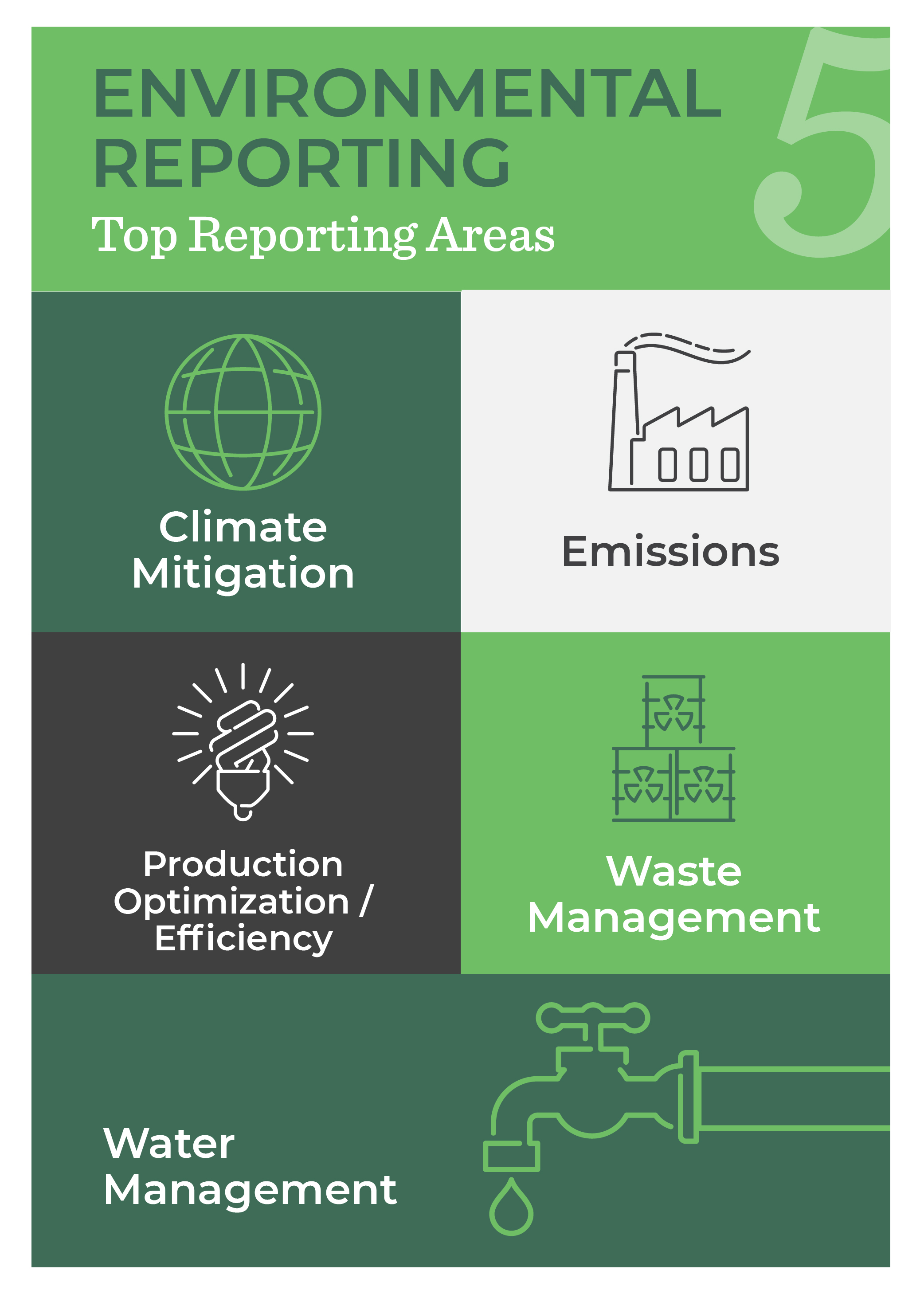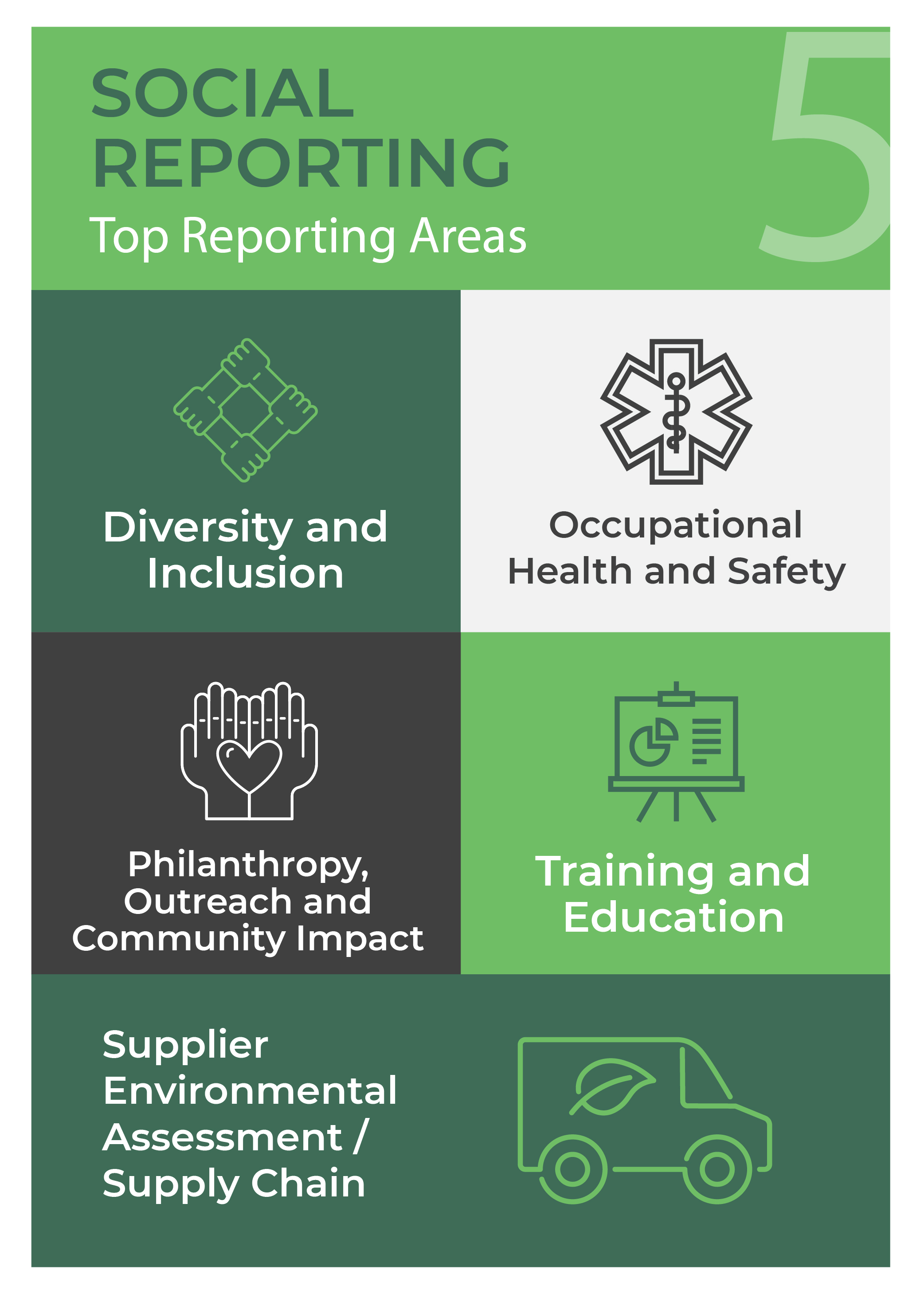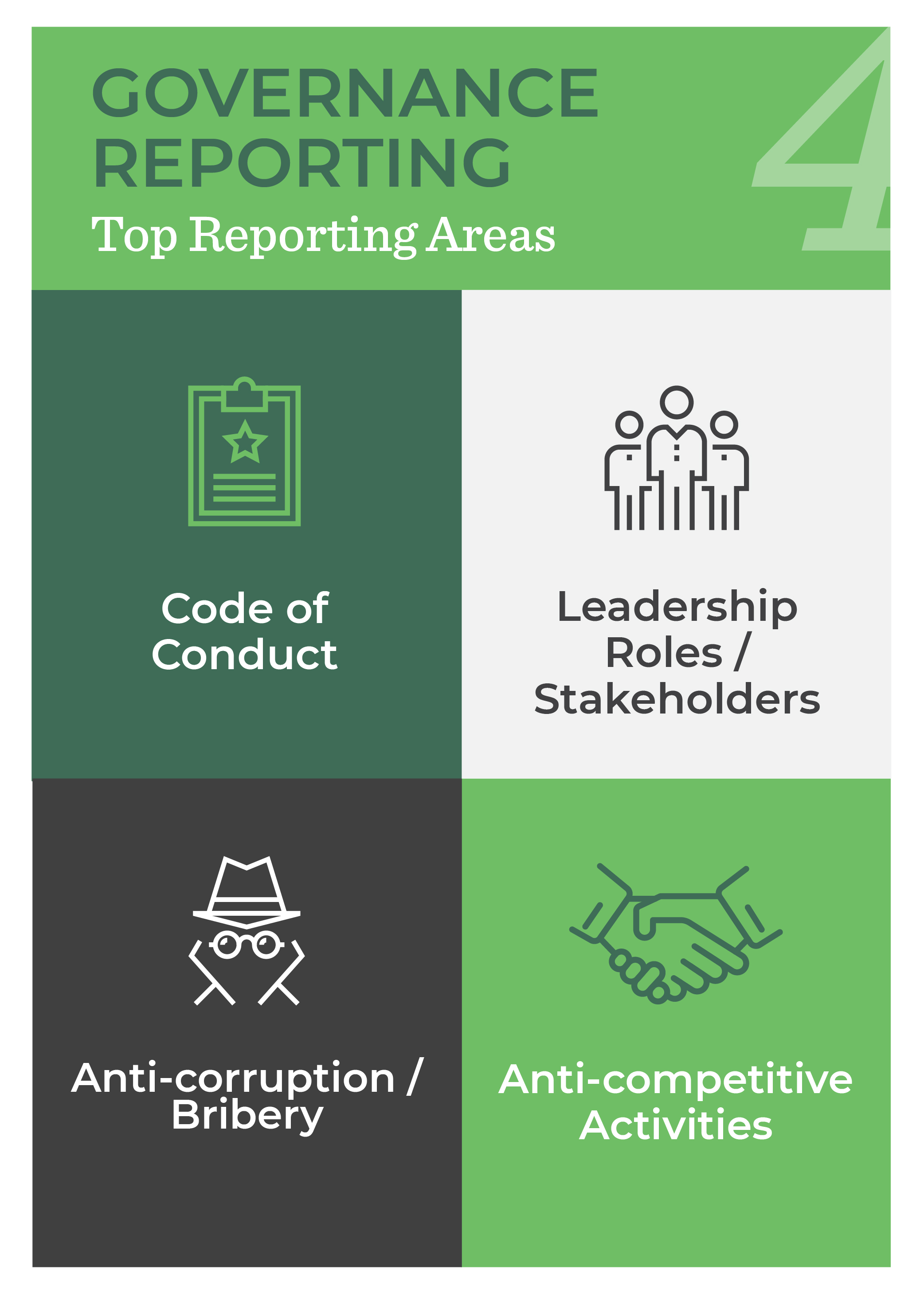Corporate Good Citizenship: Meeting Expectations for Environmental, Social and Governance Reporting
Related
Never miss a thing.
Sign up to receive our insights newsletter.

In today’s business climate, company leaders can no longer focus solely on financial performance. Institutional investors and other stakeholders increasingly demand clear and transparent reporting on the impact that companies have on their communities and the environment. Companies that fail to proactively manage and disclose key environmental, social and governance (ESG) information along with their financials can face reputational, investment and other consequences.
However, as expectations shift, leaders can find it difficult to understand what they are being asked to do and to report. What do shareholders, institutional investors and customers expect? And how are the most successful companies responding?
ESG Reporting Analysis
In a recent study, Weaver set out to identify how public companies are structuring their sustainability/ESG reports, including both the types of information that companies include and the levels of assurance on the disclosures. We reviewed the latest reports for nearly 25 companies across multiple sectors, including energy, health care and life sciences, technology, construction, manufacturing, real estate, and consumer products and services. Our goal was to identify trends, differences by industry and best practices.
Currently, there is no one framework that has been universally adopted for ESG reporting. Of the companies we surveyed, 75% used the Global Reporting Initiative (GRI) Standards framework. Out of five major frameworks, GRI and the Sustainability Accountability Standards Board (SASB) are the most widely used. All companies reported emissions or climate mitigation data.

|

|

|
Other Findings
- The majority of companies presented their company goals and the progress toward those goals in addition to the data required in their selected framework.
- Most listed company memberships/partnerships.
- Most mentioned company awards and recognitions.
- Certain companies also reported their progress toward the UN sustainability goals and highlighted their materiality assessment to reflect their focus on issues that are important to their stakeholders.
- Several companies provided validation that the information being presented is complete and accurate. In our sample, only 18% of companies obtained some level of assurance or opinion on their reports with limited assurance reports or unqualified audit opinions.
- Select companies obtained assurance over specific metrics within areas such as emissions, but not over the report as a whole.
Summary
Emissions reporting has been widely adopted as a key environmental metric that is important to both companies and shareholders. Sustainability reporting is rooted in environmental disclosures, and the “E” in ESG continues to be treated as a key disclosure category.
The COVID-19 pandemic has also put a spotlight on many of the “S” issues and how companies are supporting the well-being and health of their employees and communities. It is also telling that ethics, anti-corruption and anti-bribery statements were included in most reports. Many companies have had ethics programs in place for years, particularly public companies with sophisticated entity-level programs.
With growing expectations for thorough and transparent ESG reporting, companies that are proactive in developing an ESG reporting strategy and maximizing the reliability of these metrics will be better-positioned to satisfy institutional investors and other stakeholders who have a strong interest in ESG performance.
Weaver Assurance and Advisory Experience
Understanding the need to deliver transparency, maximize opportunities and manage risks related to ESG information, Weaver’s ESG assurance and advisory professionals help asset managers and U.S. businesses face the challenges of ESG reporting and disclosure. Our services include providing assurance over ESG disclosure information and advising clients on their ESG reporting strategy.
Weaver also provides a range of risk advisory services, including enterprise risk management, business process improvement and internal audit. Our experienced team is familiar with the standards, as well as the process challenges that go with collecting, compiling and reporting key information for the marketplace.
If you are interested in exploring ESG reporting assurance options or advisory needs for your company, contact us.
Authored by Greg Englert, CIA, Umair Haroon, CPA, CA, and Alyssa Martin, CPA.
© 2021

